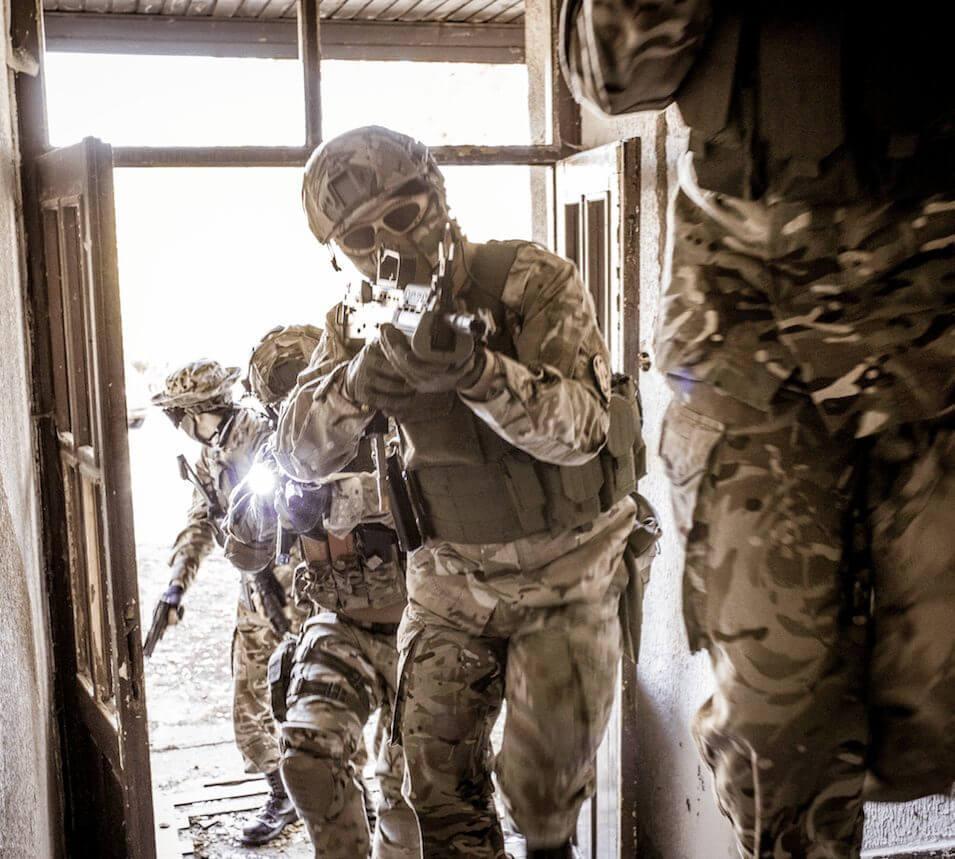The Elite Special Air Service (SAS) is Britain’s most secretive and prestigious military unit, with a long and storied history of carrying out covert operations in challenging environments. Established during World War II by David Stirling, the SAS quickly gained a reputation for its daring missions, including the famous raid on the German airfield at Bruneval. The selection process for SAS recruits is grueling and demanding, with only a small percentage of applicants making it through. With their unparalleled skillset and ability to operate behind enemy lines, the SAS remains a force to be reckoned with, playing a crucial role in protecting national security and safeguarding British interests worldwide.
The Elite Special Air Service (SAS): Britain’s Most Secretive Military Unit
The Special Air Service (SAS) is one of the most prestigious and secretive military units in the world. Established during World War II, the SAS has a long and storied history of carrying out covert operations in some of the most dangerous and challenging environments on Earth. Known for their rigorous training, incredible skillset, and ability to operate behind enemy lines, the SAS is a force to be reckoned with.
History of the SAS
The SAS was founded in 1941 during World War II by David Stirling, a British army officer who saw the need for a special force that could carry out raids behind enemy lines. Originally formed as a raiding force to disrupt German supply lines in North Africa, the SAS quickly gained a reputation for its daring and audacious missions.
During the war, the SAS carried out a number of high-profile operations, including the famous raid on the German airfield at Bruneval in 1942, where they successfully captured valuable radar equipment. After the war, the SAS was disbanded but was later reformed in 1947 as a reserve unit, tasked with carrying out covert operations in the event of a conflict.
Training and Selection
The selection process for the SAS is one of the most grueling and demanding in the military. Prospective candidates must undergo a series of physical and mental tests, including navigation exercises, endurance marches, and combat simulations. Only a small percentage of applicants make it through the selection process, which can last for several weeks.
Once selected, recruits undergo extensive training in a variety of disciplines, including marksmanship, hand-to-hand combat, and survival skills. They are trained to operate in small teams behind enemy lines, often in hostile and remote environments. The SAS has a reputation for its tough and uncompromising training regimen, which pushes recruits to their physical and mental limits.
Operations and Missions
The SAS has been involved in a number of high-profile operations over the years, including the Iranian Embassy siege in 1980, where they successfully rescued hostages from a group of armed terrorists. They have also carried out numerous counterterrorism operations in Northern Ireland and Afghanistan, targeting high-value individuals and disrupting terrorist networks.
The SAS operates in secrecy and is known for its ability to carry out missions with precision and efficiency. They are often called upon to carry out dangerous and sensitive operations that require a high level of skill and expertise. The SAS works closely with other special forces units around the world, including the US Navy SEALs and Delta Force, to share intelligence and coordinate operations.
Conclusion
The Special Air Service is one of the most elite and secretive military units in the world. With a long and storied history of carrying out high-risk operations in some of the most challenging environments, the SAS is a force to be reckoned with. Their rigorous training, unparalleled skillset, and ability to operate behind enemy lines make them a formidable force on the battlefield.
The SAS remains one of Britain’s most revered and respected military units, with a reputation for excellence and professionalism. While much of their work remains shrouded in secrecy, it is clear that the SAS plays a vital role in protecting national security and safeguarding British interests around the world.
